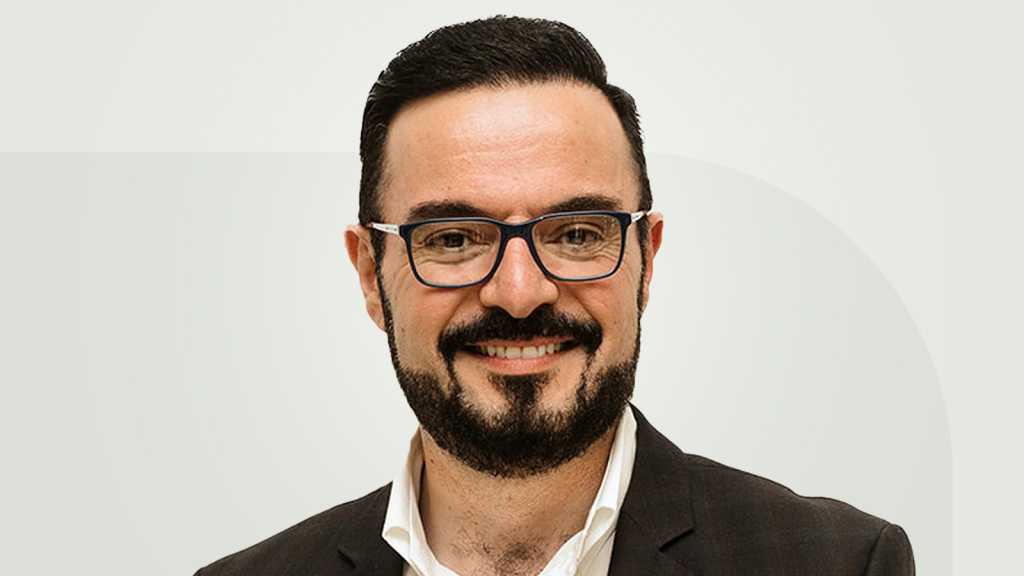Another model transcribes video into natural language processing to save time for defenders. “Video is another part of that tsunami of digital evidence we’re getting now,” he says. “We’re averaging 12 hours of video footage per case, and attorneys who have between 20 and 30 cases don’t have time to watch all that video.”
Yet another model may detect a probation violation from video, and proactively remind a client with a history of violations to make up a session they may have missed and are unaware of it. “It’s all to help the defense case and help the client get a favorable outcome,” Al Rawi says, noting the proactive use of this data prevents clients from sitting in county jail for weeks — or worse. “I’ve seen many clients who got exonerated who are innocent but could have languished in state prisons for years.”
He recalls one case in which a client was in the wrong place at the wrong time, but the data made available to the public defender helped him be ahead of the curve and prove his innocence of a murder charge. “The guy gave me a big bear hug in tears and said because of you, I can enjoy my favorite tacos with my mom every Sunday,” he says. “There’s no other job in the world that has that type of ROI, that sense of accomplishment.”
Gen AI’s potential to prevent more cases
All this time saving not only helps public defenders build stronger cases but persuades judges to send clients to diversion programs, rehabilitation programs, and treatment programs as alternatives to incarceration, which presents funding challenges but averts the costs of prison time. “Attorneys brute force check any opportunity to help them get back to their families and re-enter their communities safely,” Al Rawi says.
The LACPD has a lot of data, and Al Rawi envisions using the power of gen AI to weave patterns together and create a proactive tool to get help for the client before they become a client.
“The key is allowing public defenders to have time to focus on the legal aspects and best administrative aspects of a case proceeding, and use AI to reduce the amount of document review, document generation, document categorization, and indexing information so it’s more accessible and allows a far more contextual search than a keyword search,” Al Rawi says. “Generative AI is going to significantly reduce the mundane, very tedious business processes and automate them in a very accurate and dependable way to help lawyers have more time to help people.”

